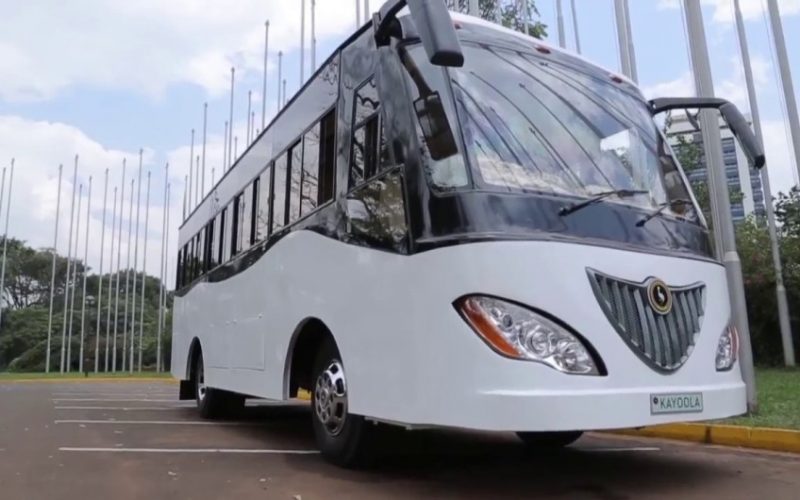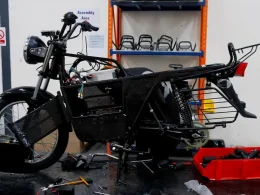By Mark Kawalya
Kiira Motors prides itself on being a car maker that uses African ingenuity and labour to produce eco-friendly vehicles. So far, its product line includes a two-seater electric car, a larger five-seater hybrid sedan that is powered by both batteries and petrol and finally, a 35-seat bus that runs on solar energy.
Africa’s automotive market is dominated by large international companies like Toyota, Volkswagen, and Mazda, with the majority of these cars being used Japanese exports.
It is against this backdrop that made-in-Africa automakers are making attempts to win over some of the market share.
But Kiira is not the only African automaker that is developing innovative mobility solutions. Katanka Motors, a Ghanaian manufacturer, has gained a lot of traction in parts of West Africa with the vehicles they make.
Innosson Vehicle Manufacturing Company from Nigeria has experienced tremendous growth since its manufacturing plant was commissioned in 2014, by the country’s former president, Goodluck Jonathan. The company is now the face of #BuyNaijatoGrowtheNaira, an online campaign that is aimed at encouraging Nigerians to consume local products. The campaign has also been a key driver for the sizeable uptake of Innosson’s vehicles.
The inception of Kiira Motors is quite remarkable. The company started out in 2006 as a project by students at Makerere University, alongside 24 other universities, to conceptualise and develop an electric hybrid vehicle.
The three-year project enabled the Ugandan students to develop a hybrid prototype that was entirely made in Uganda and was dubbed the Kiira EV. The two-seater electric vehicle’s success led to the formation of the Kiira Motor Corporation in 2011 with funding from the Ugandan Government.
According to Kiira Motors Vice President Allan Muhumuza, the company will succeed because it plans to fill gaps in the African auto industry such as vehicle financing, after-sales service and support.
He added that the company will primarily focus on closing these gaps in the industry as a key strategy for acquiring market share. The company is also working on a plan for ramping up production for export across the East African Community, which is a critical component of its growth strategy.








